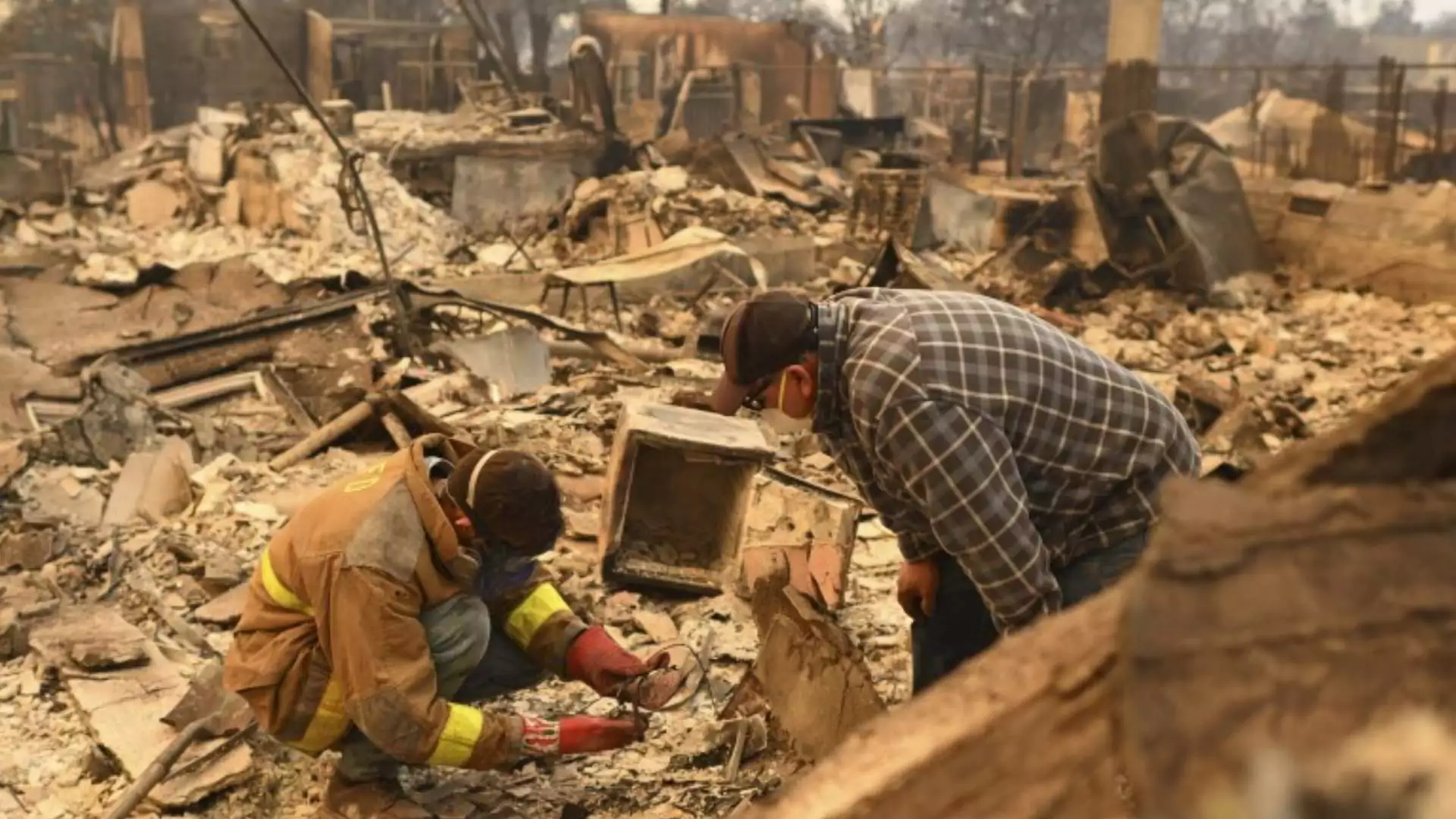The wildfires ravaging Los Angeles have caused severe damage to homes and tragically claimed lives. However, survivors face more than just the immediate destruction—there are also significant, and often hidden, health risks linked to exposure to wildfire smoke.
The Dangers of Wildfire Smoke
Wildfire smoke contains a “complex mixture” of fine particles known as PM2.5, which are tiny enough to pose health risks even with short-term exposure. According to the U.S. Environmental Protection Agency (EPA), these particles, which are 2.5 micrometers or less in diameter, can enter the body through the nose and mouth.
“Your nose and mouth are entry points into your body,” Ferrer told Fox News Digital. “The smoke you are breathing gets caught inside your sinuses, and if you’re exposed a lot, some of that will start to irritate the lining and lead to inflammation.”
Health Impacts of Prolonged Exposure to Wildfire Smoke
A board-certified internal medicine physician in Seattle, warned that exposure to wildfire smoke could have serious long-term effects. “The smoke can penetrate through lung tissue and enter the bloodstream,” he noted, highlighting the potential for internal damage.
People exposed to wildfire smoke may experience a range of symptoms, including burning eyes, sore throat, cough, sinus issues, fatigue, headaches, chest pain, shortness of breath, and brain fog, according to Dr. Perlmutter. Additionally, long-term exposure can worsen pre-existing respiratory conditions such as asthma and bronchitis.
“The smoke can worsen pre-existing respiratory conditions like asthma or emphysema.” He also warned that insufficient oxygen levels resulting from wildfire smoke could trigger severe cardiovascular events such as heart attacks or strokes.
The Broader Health Implications Including Mental Health
Beyond respiratory and cardiovascular concerns, Dr. Perlmutter pointed out that wildfire smoke is also linked to an increased risk of brain dysfunction and other long-term health issues. Certain groups are particularly vulnerable to the effects of wildfire smoke, including individuals with underlying heart and lung diseases, the elderly, infants, and young children.
The health impact of wildfires is not just physical—it can also affect mental well-being. A study published in Nature Mental Health, which revealed a significant mental health impact on Californians exposed to wildfires. “People may feel anxiety over being displaced or fear of losing their homes,” Siegel noted. “This may lead to them being unable to sleep.” He also pointed to the increased risk of falls and other injuries in areas severely damaged by the fires, where people may be navigating dangerous environments.
Also Read: Los Angeles Wildfires Leave 24 Dead; Thousands of Homes Charred




